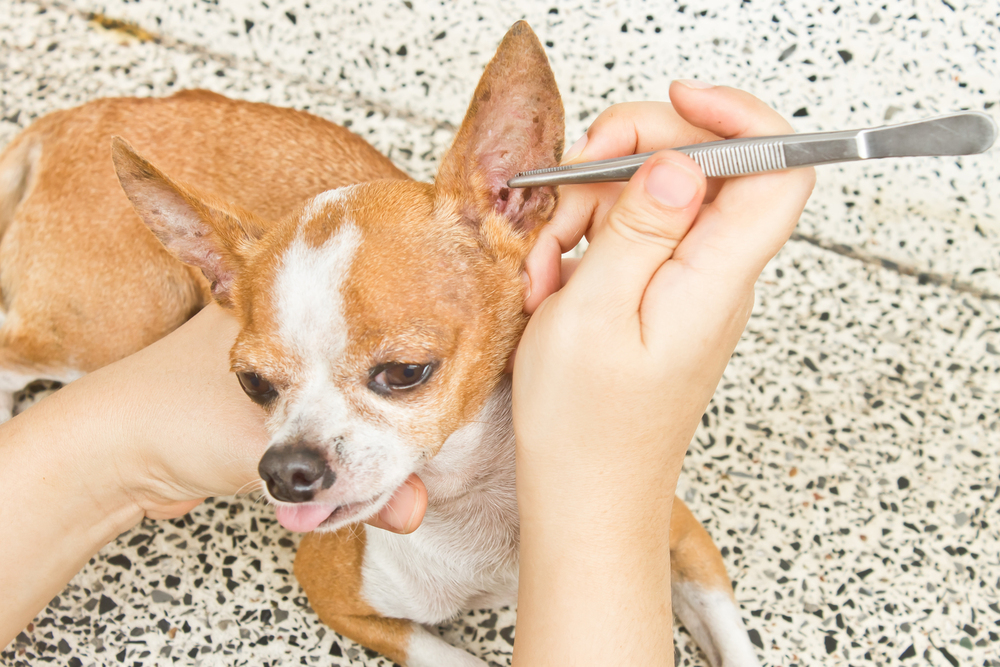
The Real Dangers of Fleas on House Pets
No one likes fleas, cats, dogs, or pet owners. However, you may be underestimating just how harmful they can be. Fleas are more than just pests that feast on the blood of our beloved pets. Fleas are parasites that can spread diseases, and have other negative effects on your household, your pet’s health, and you. Let’s take a look at the real dangers of fleas and what you can do about it as a pet owner:
1. Fleas can transfer diseases to humans
Since fleas are disease carriers, they’ve been responsible for some of the worst disease outbreaks in human history, such as flea-related dermatitis, cat scratch disease, and flea-borne typhus, a disease caused by the rickettsia typhi bacteria. The best way to prevent the spread of diseases from fleas to humans is to have your pets regularly checked for fleas and to give them the proper medication to prevent flea infestation. Talk to your veterinarian about what preventative flea treatment is best suited to your pet.
2. Flea can infest your home
Not only do fleas live on your pets, but they can also come into your home on pets and quickly infest your entire home if left untreated. This is why at the first sign of fleas on your pet, it’s important to clean your home thoroughly with warm water (i.e., clean bedding, furniture, carpets and anywhere your pet sleeps). It’s also important to treat your pet for fleas as soon as possible, as fleas can breed and grow very quickly. Talk to your vet about a safe flea shampoo and other flea prevention methods for your pet.
3. Extermination chemicals can be harmful to you and your pet
If your home becomes infested with fleas, the reasonable next step is to call an exterminator. However, extermination companies employ chemicals that can be harmful to your pets as well as young children. Chances are, if you do have to have your home treated for a flea infestation by an exterminator, you’ll have to leave your home for at least 8-hours for mild flea infestations (the time can be longer for severe infestations). Following the chemical spray, your home will need to be aired out thoroughly by opening all doors and windows for proper and safe ventilation.
4. Fleas can carry tapeworm parasites
While humans may get a tapeworm because they ingested food or water that was contaminated with tapeworm larvae, this disease can also be spread via fleas. A tapeworm is a parasitic organism that grows and lives in the intestines of a host (dog, cat, or human). Signs of tapeworm development in pets can be nausea, diarrhea, abdominal pain, and weakness. Tapeworms come in different varieties, the most at risk is your dog. Dogs with suspected tapeworm should be brought to the vet immediately.
5. Flea bites can cause other health complications
Your pets don’t like fleas any more than you do. Flea bites cause irritation, allergic reactions and even anemia in dogs, which occurs due to low red blood cell count. Anemia in cats or dogs is a serious medical condition that’s cause for emergency veterinary care, especially in puppies. Symptoms of anemia include weakness, lethargy, rapid breathing and potentially death if the fleas are not eliminated.
The best way to deal with fleas on your pets is to ensure they get proper annual prevention medication, particularly if they go outside. If you’re unsure of how to treat your pet safely for fleas, speak with your veterinarian who can provide safe options for preventing and treating an ongoing flea infestation.


